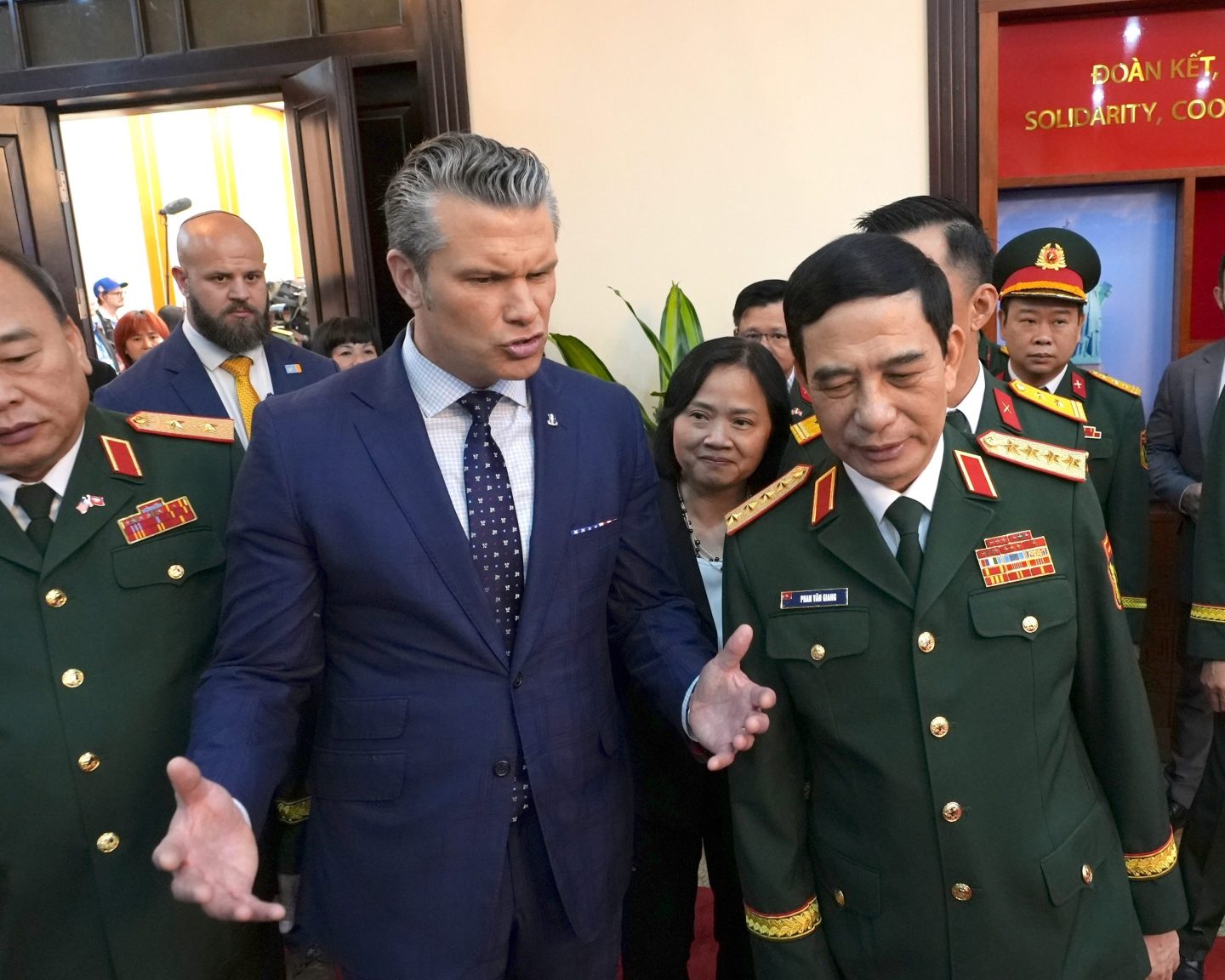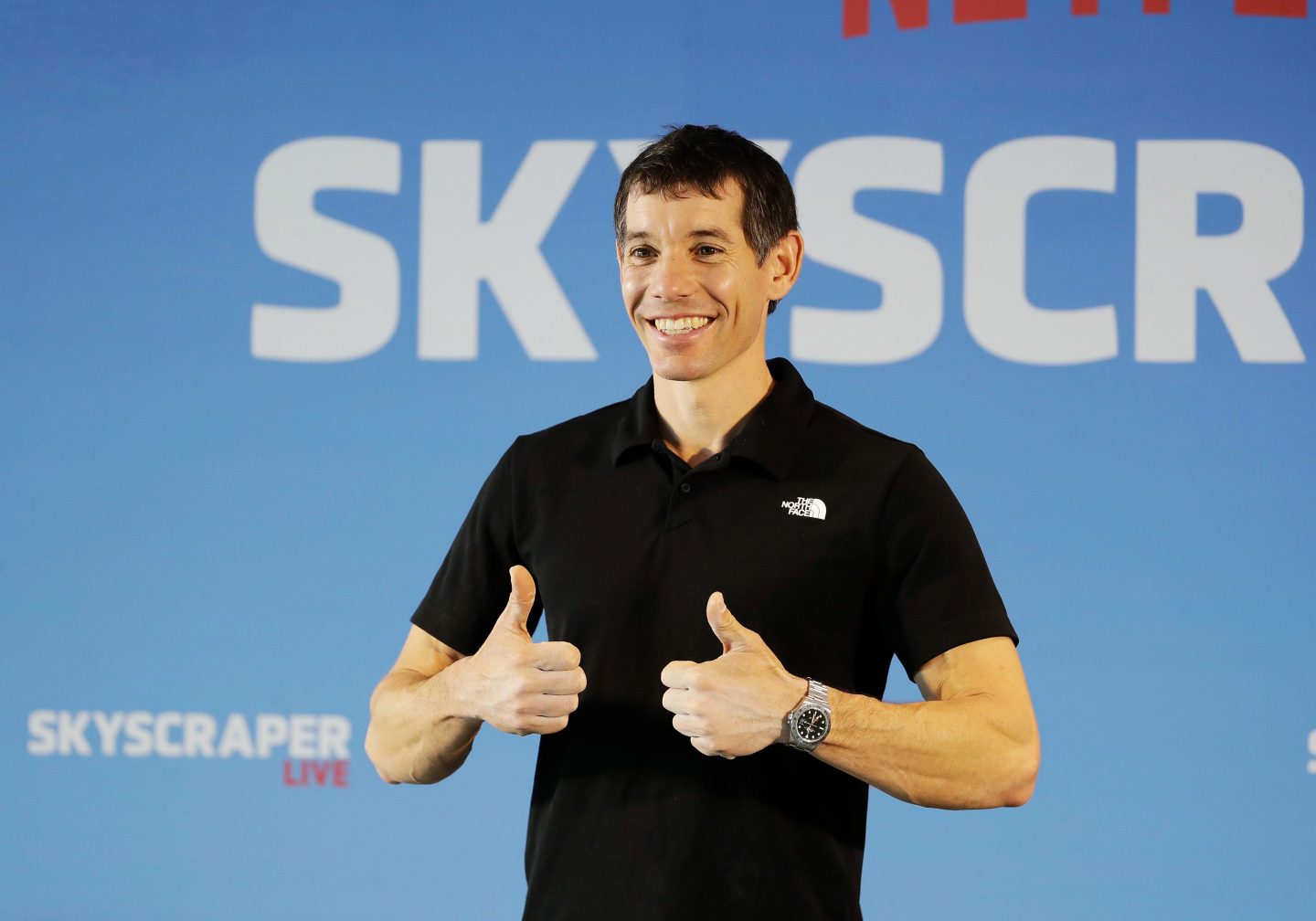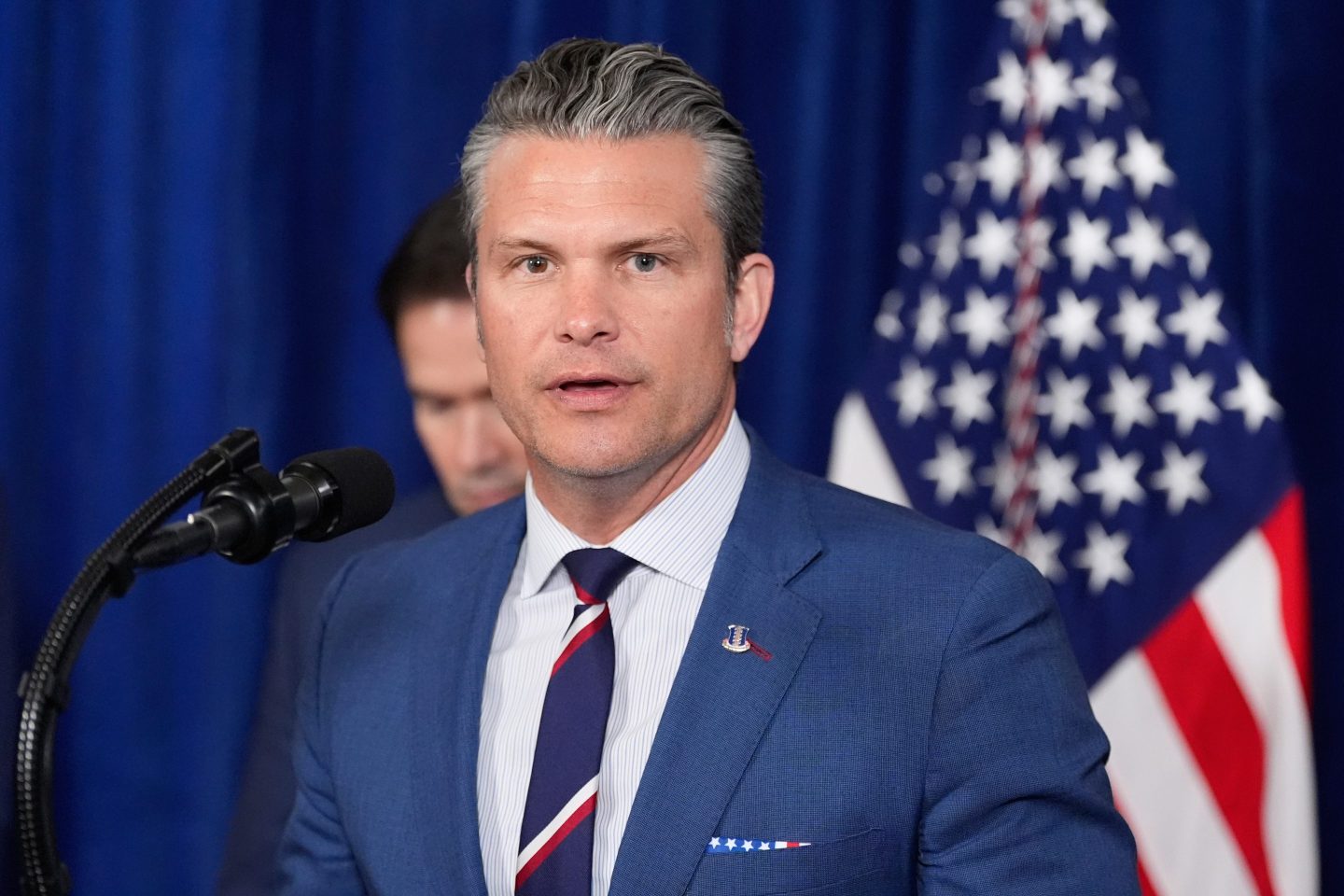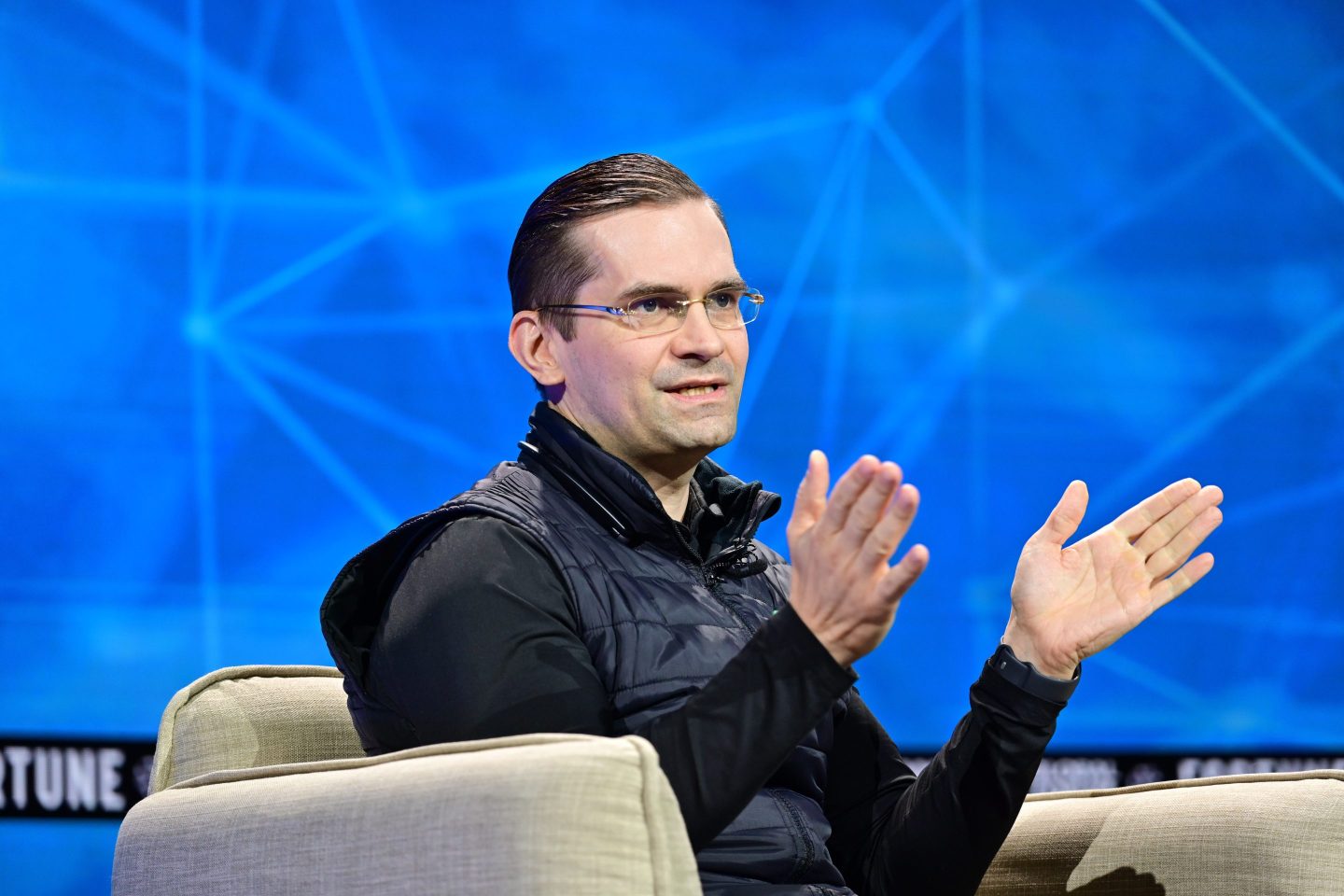U.S. Defense Secretary Pete Hegseth was in Vietnam on Sunday, reaffirming a partnership built on healing the scars of the Vietnam War in a trip that will test whether Washington can reassure a vital but wary partner.
Hegseth said addressing the legacies of the war, which ended 50 years ago in April, remains the foundation and a top priority of the countries’ defense relationship.
At the end of his talks with Vietnamese Defense Minister Phan Van Giang, Hegseth handed over a leather box, a belt and a small knife — wartime artifacts once taken by U.S. Soldiers during the Vietnam War.
Such returns have become part of broader reconciliation efforts between the two countries, with similar relics — including letters, identification tags and photographs — handed back to the U.S. In recent years.
“Today we will exchange artifacts and information from the war with the goal of helping family members in both countries find peace,” Hegseth said.
Hegseth’s visit also marks 30 years of diplomatic ties between the former foes and two years since they upgraded relations to a Comprehensive Strategic Partnership, Vietnam’s highest diplomatic status. He arrived in Hanoi from Kuala Lumpur, Malaysia, where he attended a meeting of counterparts from the Association of Southeast Asian Nations.
Cooperation on postwar issues remains key to U.S.-Vietnam relations. Since normalizing ties in 1995, the two countries have worked together to clear unexploded ordnance, recover remains of missing service members and clean up dioxin — the toxic chemical used in Agent Orange — from former U.S. Air bases that continue to affect communities.
There were concerns about the future of these efforts when U.S. Funding for several programs was slashed, temporarily halting some cleanup work before resuming.
The visible recommitment to these projects could help stabilize relations and “create space” for further defense cooperation, said Nguyen Khac Giang, a visiting fellow in the Vietnam Studies Program at Singapore’s ISEAS–Yusof Ishak Institute.
“War legacy cooperation is the foundation enabling deeper defense ties,” he said. “For Washington, it demonstrates long-term responsibility and goodwill to solve lingering war consequences. For Hanoi, it provides essential political cover for expanding relations with a former adversary.”
Giang said the U.S. Defense chief’s visit comes at a crucial moment. Vietnam’s Communist Party chief, To Lam, visited North Korea in early October — the first such trip in nearly two decades — while reports suggest Hanoi may pursue the purchase of 40 Russian Su-35 fighter jets. “Vietnam is hedging against doubts about U.S. Reliability in the Indo-Pacific,” he said.
The Associated Press has previously reported that Moscow and Hanoi have explored ways to maintain financial transactions despite U.S. Sanctions on Russia over its invasion of Ukraine.
“Hegseth’s visit demonstrates Vietnam’s deliberate deepening of defense ties with the U.S., but strictly on Hanoi’s terms,” Giang said.












